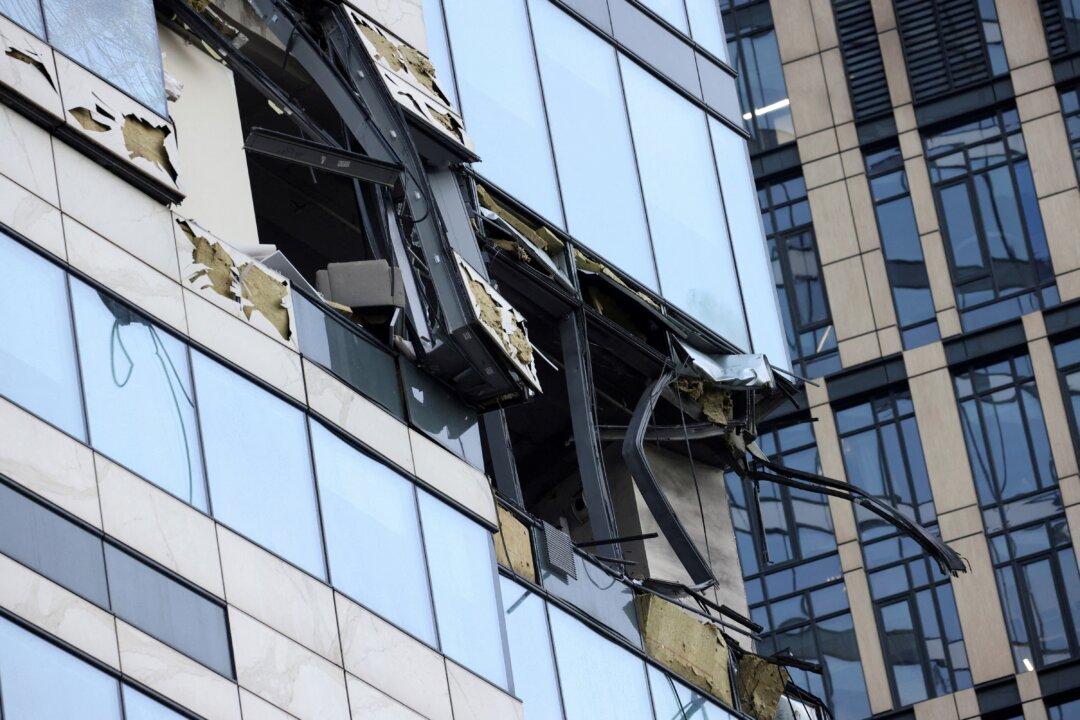Authorities in Russia and Ukraine are accusing one another of terrorism following a weekend of drone attacks in both nations.
Moscow claims it shot down three drones on July 29, one in Odintsovo District near Moscow, and two more in an upscale area of Moscow proper.




